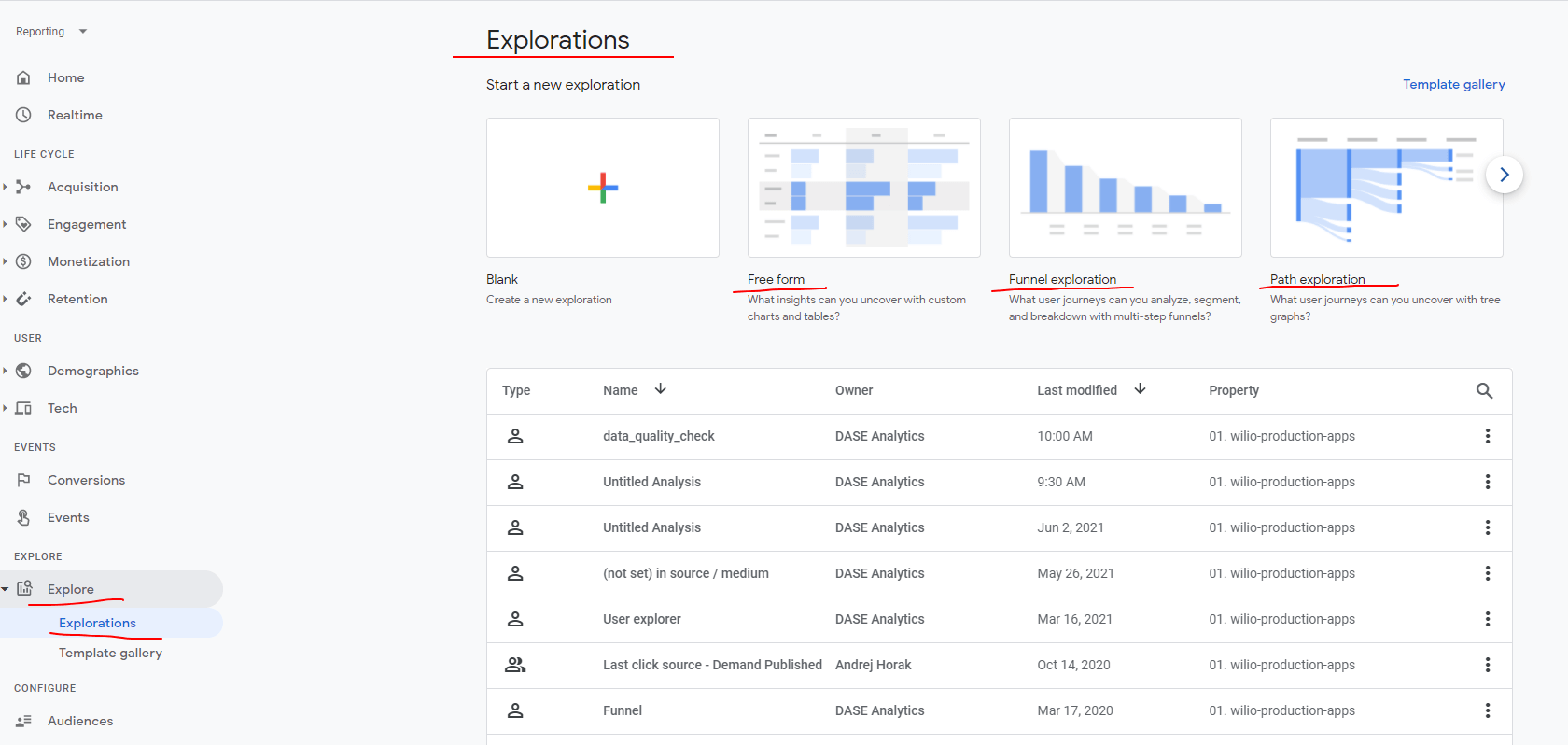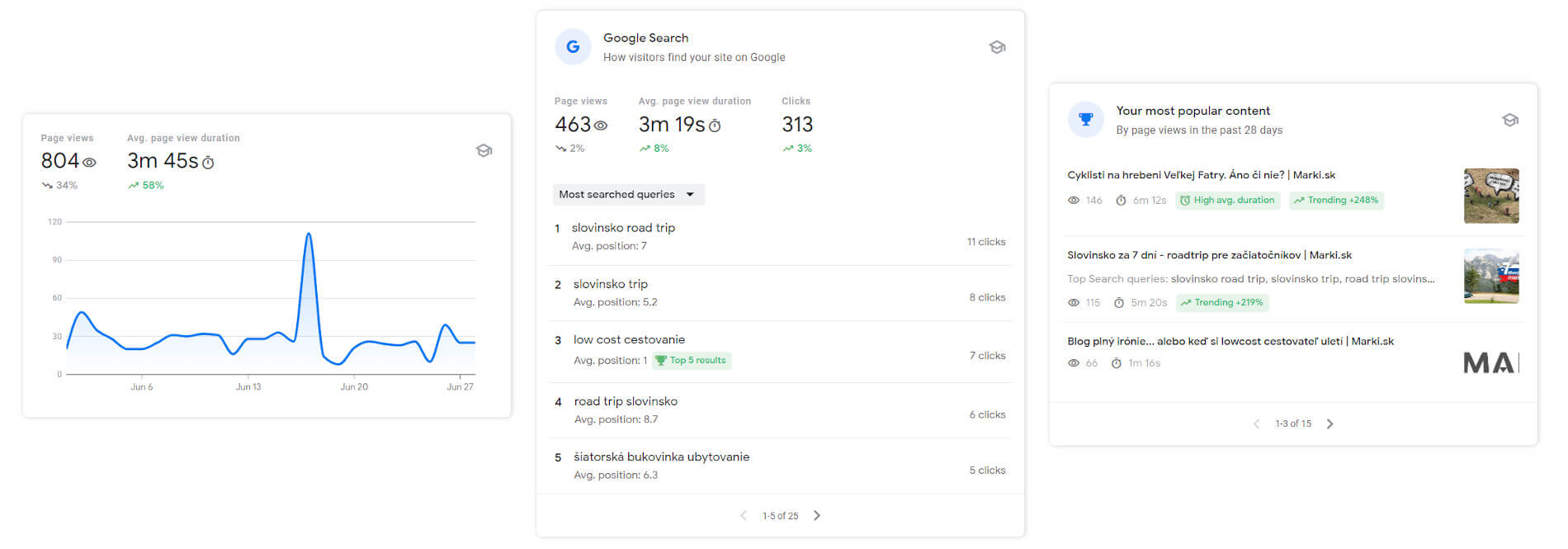Google pushes back plan to block third-party cookies until 2023
At the end of June, Google announced that they have moved back its timeline to block third-party cookies in Chrome. The reason is that the ecosystem is not yet fully prepared for this significant change. So how does the new timeline look like?
1. The Preparatory phase (now – late 2022)
Google’s public development process before launch allows the public and regulators to have a say in the third-party cookie deprecation process. The technologies and their prototypes are discussed in forums like GitHub or W3C groups.
2. Prechodná fáza (late 2022 – mid 2023)
During stage 1, publishers and the advertising industry will have time to migrate their services. Google expects this stage to last for nine months.
3. Spustenie (mid 2023 – late 2023)
Chrome will phase out support for third-party cookies over a three month period finishing in late 2023.
Read more: Search Engine Land
Analysis hub is dead, long live Explore!
Google are renaming Analysis in Google Analytics 4 properties to “Explorations” and you should start to see the renamed workspace appear in your properties in couple of weeks. Functionality from the former Analysis has not changed, everything you were able to do before is still available in the Explorations Workspace.

Read more: Google Support
What is new in Google Data Studio?
The developers of Google Data Studio has launched a lot of new features in our favourite reporting tool.
- Calculated fields in blended data source – from now you can create calculated fields when configuring a blended data source.
- Google Maps default zoom improvement – the map now auto-zooms to a smaller area around the plotted locations in some cases when it previously auto-zoomed to the entire world.
- Preserve formatting in data export – now you have the option to preserve data formatting when exporting to CSV. Enabling the Keep value formatting option causes Data Studio to preserve the number and date formats applied in Data Studio to the exported data.
- New fields Google Ad Manager – you can now access the following fields in Google Ad Manager data sources, e.g.: Order ID, Creative ID, Country ID, Ad unit ID (top level), Placement ID etc.
- Currency conversion support in Google Ads – the new option allows you to convert all revenue-related fields to the currency of the top level Google Ads manager (MCC) account.
- Google Maps 2nd-level country subdivisions – Google added a Country subdivsion (2nd level) field to the available Geo data types. You can use this field to visualize US counties and other 2nd-level country subdivisions (for example, French departments, Italian provinces) in Google Maps report.
Read more: Google Support
Search Console Insights combines data from Google Analytics and Google Search Console
To help you better understand which content of yours resonates with your audiences, Google developers have introduced a new experience called Search Console Insights. This experience joins data from both Search Console and Google Analytics with a goal of making it easy to understand your content’s performance. It can provide you with an overview and helpful insights on how your content is performing. This new experience will gradually be rolled out to all Search Console users in the upcoming days.

Read more: Google Blog

